Surprisingly warm water found on underside of Antarctica's 'Doomsday Glacier'
For the first time, an underwater robot visited the bottom of Antarctica's Thwaites Glacier.
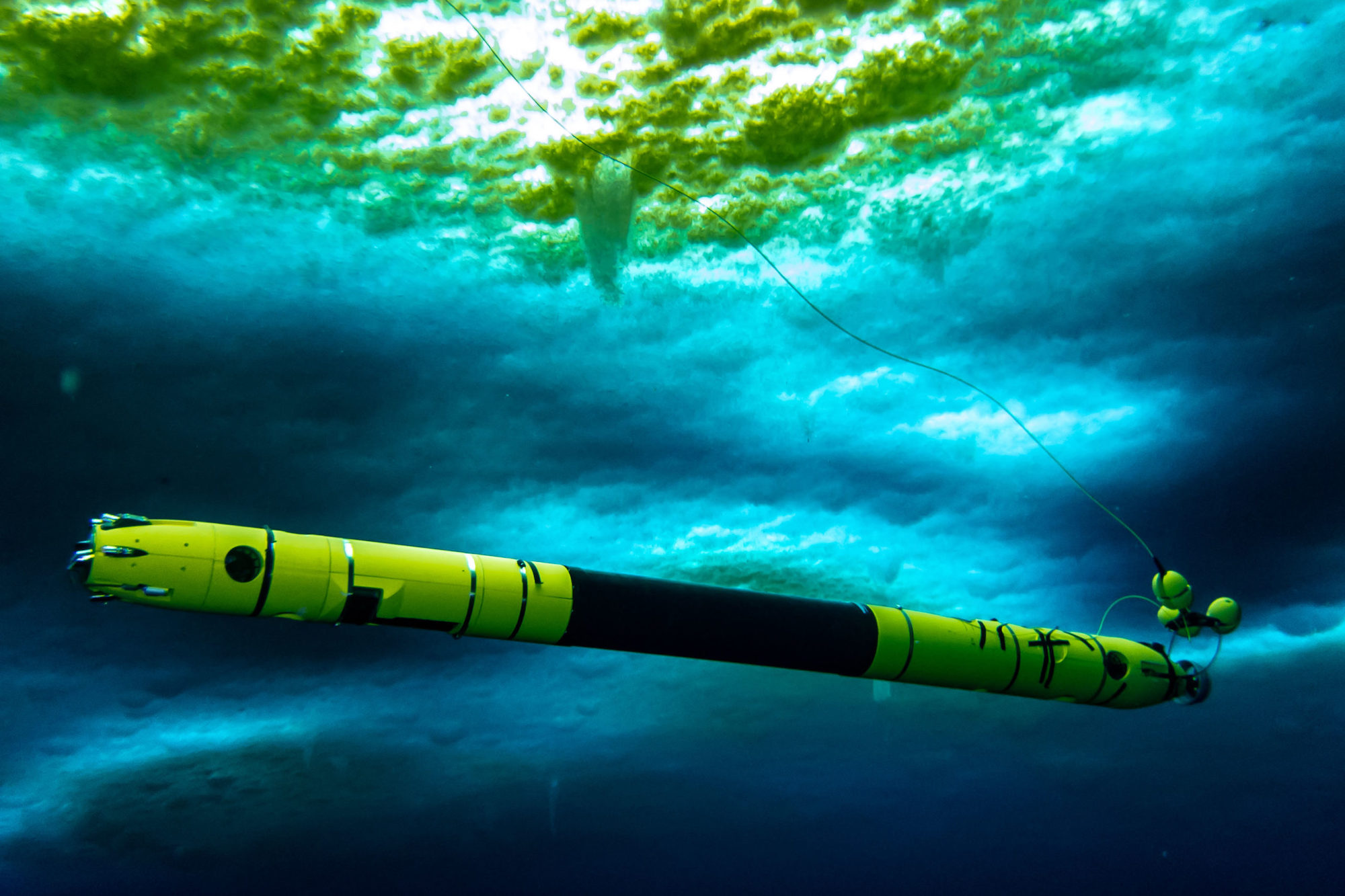
Get the world’s most fascinating discoveries delivered straight to your inbox.
You are now subscribed
Your newsletter sign-up was successful
Want to add more newsletters?

Delivered Daily
Daily Newsletter
Sign up for the latest discoveries, groundbreaking research and fascinating breakthroughs that impact you and the wider world direct to your inbox.

Once a week
Life's Little Mysteries
Feed your curiosity with an exclusive mystery every week, solved with science and delivered direct to your inbox before it's seen anywhere else.

Once a week
How It Works
Sign up to our free science & technology newsletter for your weekly fix of fascinating articles, quick quizzes, amazing images, and more

Delivered daily
Space.com Newsletter
Breaking space news, the latest updates on rocket launches, skywatching events and more!

Once a month
Watch This Space
Sign up to our monthly entertainment newsletter to keep up with all our coverage of the latest sci-fi and space movies, tv shows, games and books.

Once a week
Night Sky This Week
Discover this week's must-see night sky events, moon phases, and stunning astrophotos. Sign up for our skywatching newsletter and explore the universe with us!
Join the club
Get full access to premium articles, exclusive features and a growing list of member rewards.
An underwater robot named Icefin that has gone where no submersible has gone before — to the underbelly of Antarctica's "Doomsday Glacier" — has uncovered unusually warm temperatures there.
The hunk of ice, officially known as the Thwaites Glacier, earned its ominous nickname because it is one of Antarctica's fastest melting glaciers. Even so, scientists were surprised to learn that waters at the ground line, the region where the glacier meets the sea, are more than 3.6 degrees Fahrenheit (2 degrees Celsius) above the normal freezing temperature, according to news reports.
"Warm waters in this part of the world, as remote as they may seem, should serve as a warning to all of us about the potential dire changes to the planet brought about by climate change," David Holland, a lead researcher on the expedition and director of the Environmental Fluid Dynamics Laboratory at New York University, told the Chicago Tribune.
Related: Album: Stunning photos of Antarctic ice
The journey to collect this data wasn't easy. Scientists dropped the torpedo-shaped Icefin through a 2,300-foot-deep (700 meters) hole they had drilled through the glacier.
"We're proud of Icefin, since it represents a new way of looking at glaciers and ice shelves," Britney Schmidt, lead scientist for Icefin and an associate professor of Earth and Atmospheric Sciences at Georgia Tech, said in a statement. "For really the first time, we can drive miles under the ice to measure and map processes we can't otherwise reach. We've taken the first close-up look at a grounding zone. It's our 'walking on the moon' moment." The grounding zone is the region where the underside of the glacier meets the seawater beneath it.
The team, dubbed MELT, or Melting at Thwaites grounding zone and its control on sea level, spent the last two months in minus 22 F (minus 30 C) weather at the glacier for the project. After descending the nearly half-mile hole through the glacier, Icefin swam more than a mile to the grounding zone. As it puttered along, Icefin took measurements and images so that scientists could later map the area, as well as understand the temperatures and the changing landscape there.
Get the world’s most fascinating discoveries delivered straight to your inbox.
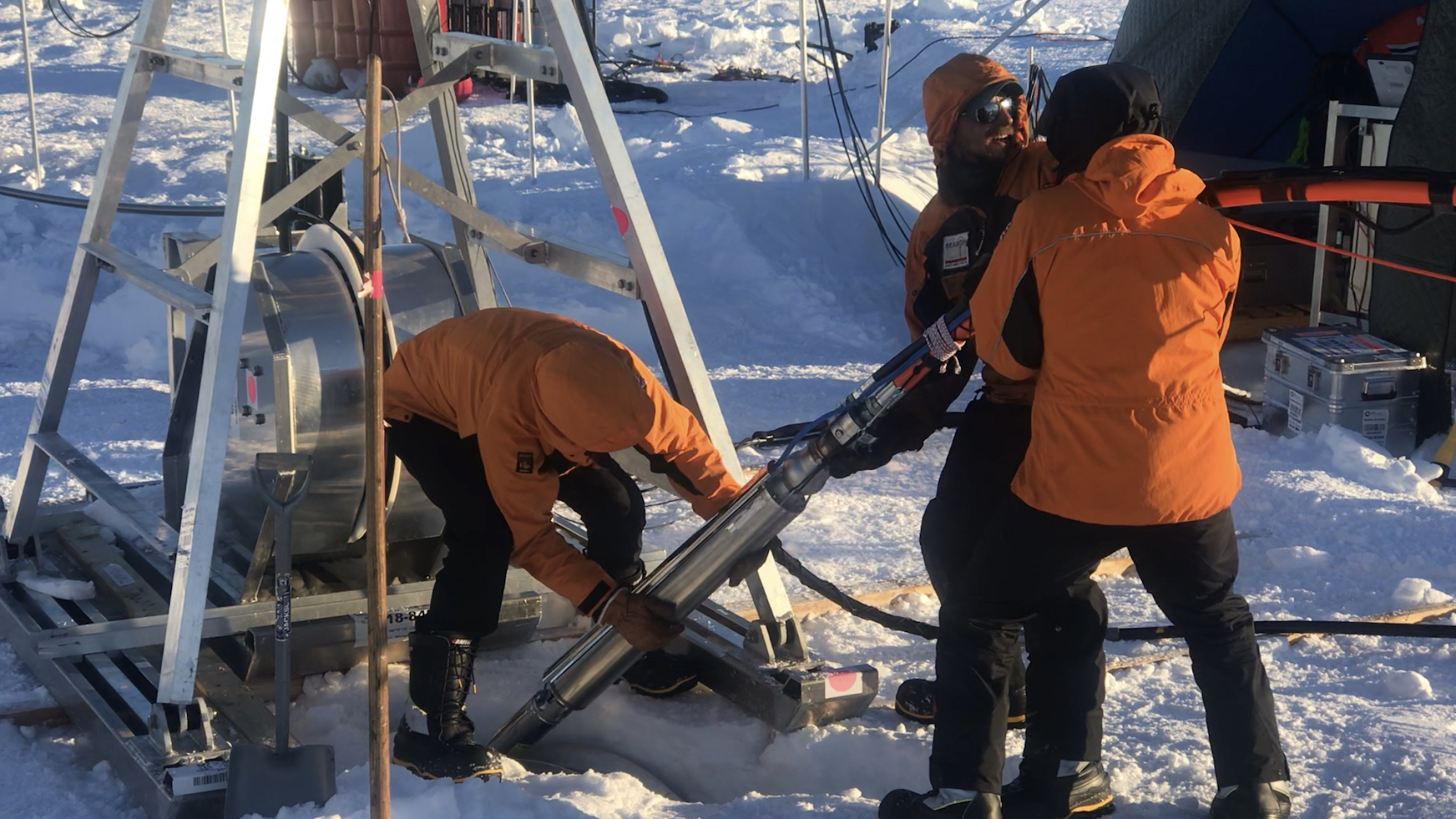
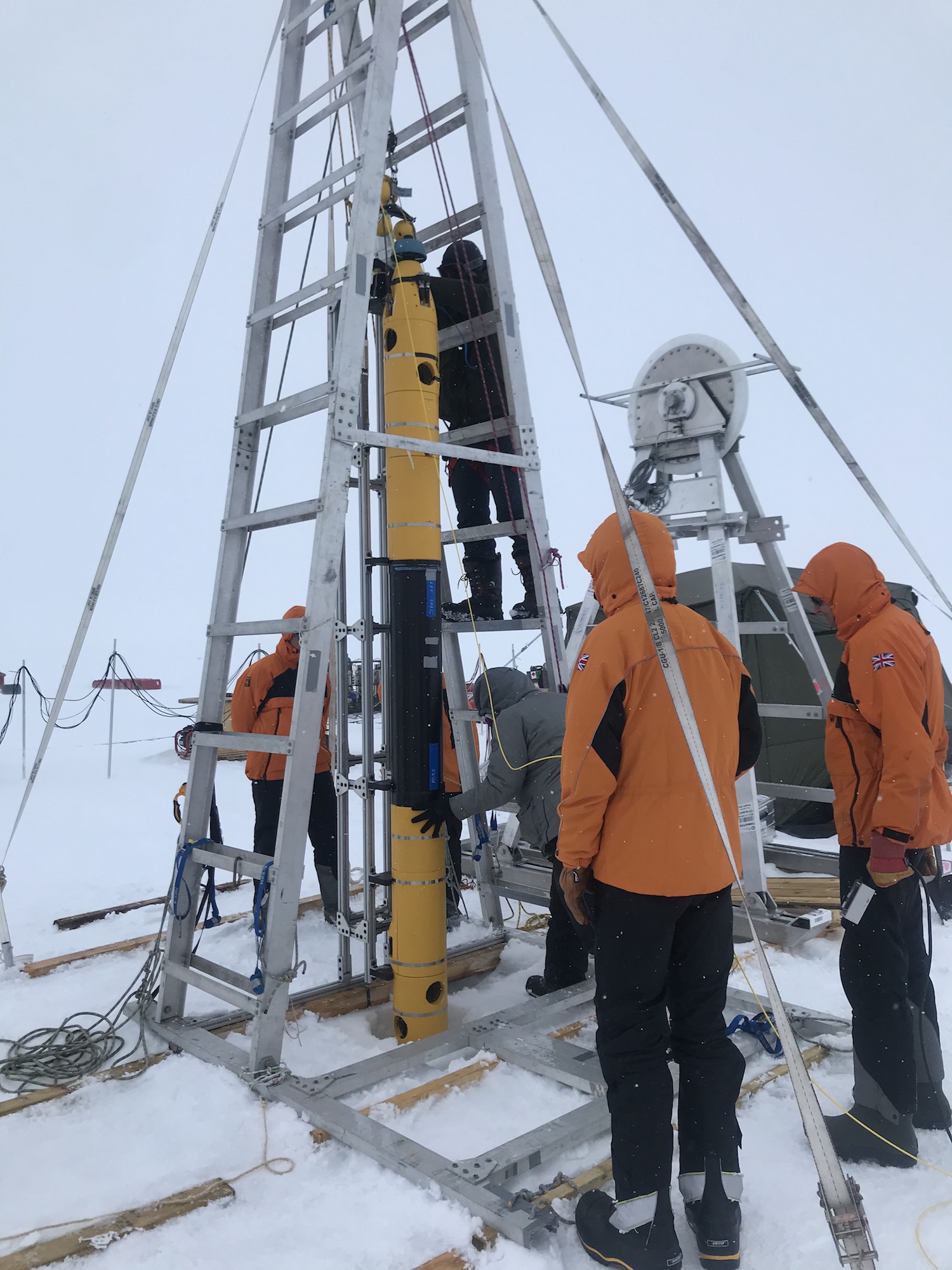
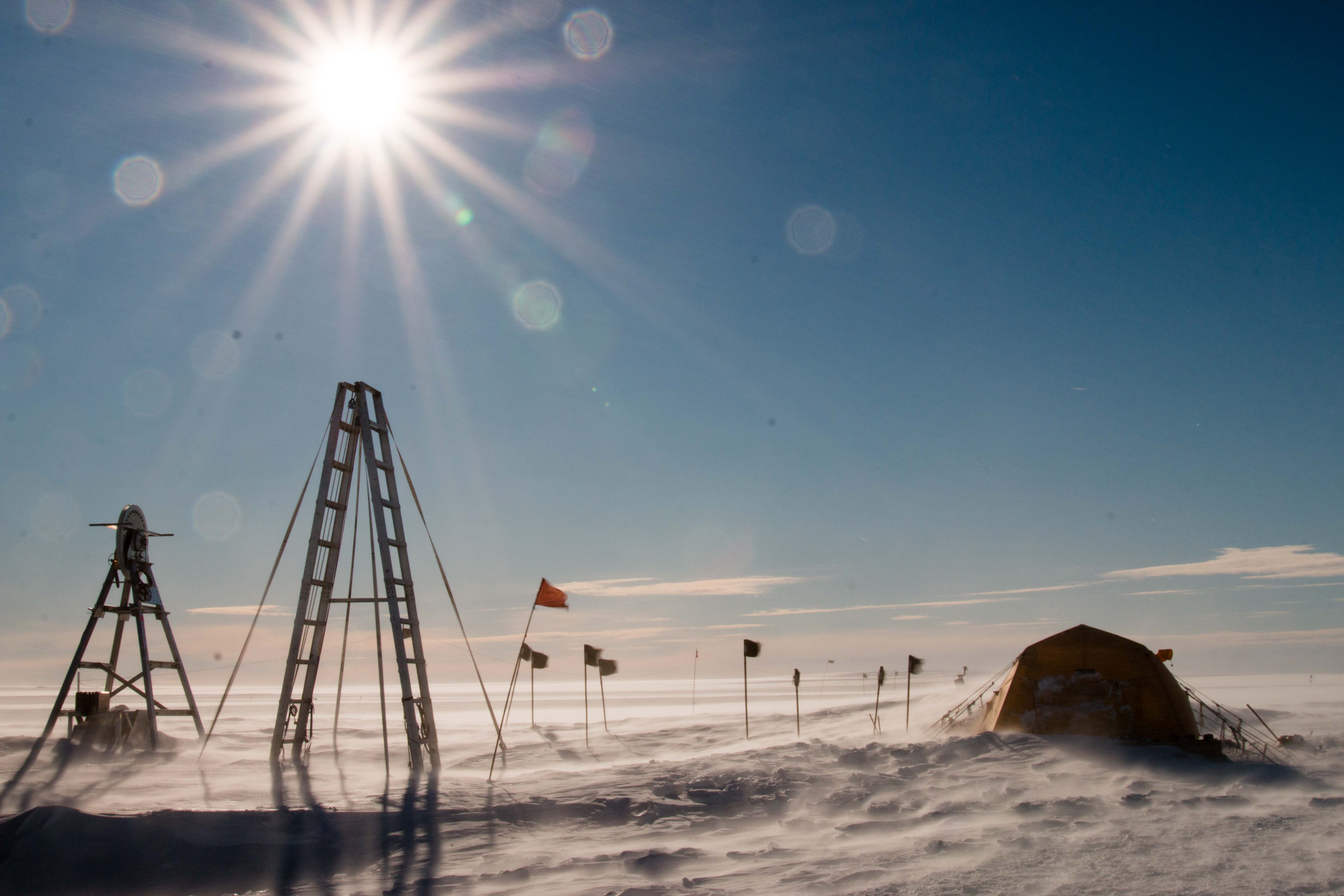
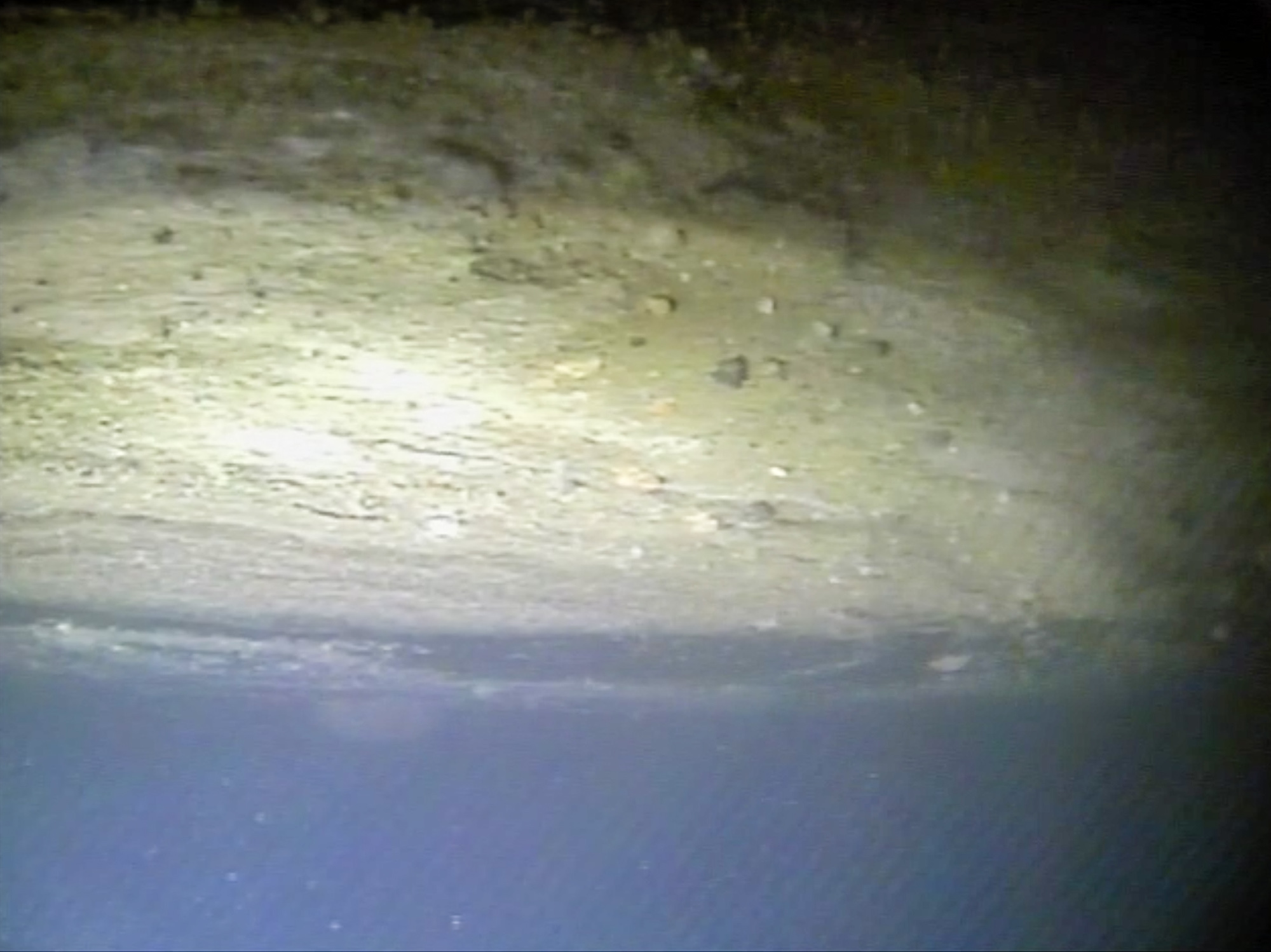
Thwaites Glacier, roughly the size of Florida, is melting at an increasingly fast rate. Its melt already accounts for about 4% of global sea rise, Georgia Tech reported. The amount of ice flowing out of Thwaites and the adjacent glaciers into the sea has doubled in the past 30 years, making it one of the fastest-changing areas of Antarctica.
Moreover, Thwaites is crucial to Antarctica because it slows the ice behind it from freely flowing into the ocean. The glacier's ice shelf, or its permanent floating ice sheets, act like dirt in a clogged drain, impeding the glacier from flowing full force into the ocean, Stef Lhermitte, an assistant professor in the Department of Geoscience and Remote Sensing at Delft University of Technology in the Netherlands, previously told Live Science.
"We know that warmer ocean waters are eroding many of West Antarctica's glaciers, but we're particularly concerned about Thwaites," Keith Nicholls, an oceanographer with the British Antarctic Survey and the United Kingdom lead on the MELT team, said in the Georgia Tech statement. "This new data will provide a new perspective of the processes taking place, so we can predict future change with more certainty."
In addition to deploying Icefin, the researchers sent out ocean instruments and took sediment cores. The team even sent out a second Icefin vehicle to another location — the Ross Ice Shelf — in collaboration with Antarctica New Zealand.
The work was shown as a BBC World News special report yesterday (Jan. 28) as part of the 200th anniversary of Antarctica's discovery. In the meantime, the researchers are still analyzing the data from Icefin and plan to publish their findings in March, according to The New York Times.
- Photo gallery: Antarctica's Pine Island Glacier cracks
- In photos: Huge icebergs break off Antarctica
- Photographic proof of climate change: Time-lapse images of retreating glaciers
Originally published on Live Science.


Laura is the managing editor at Live Science. She also runs the archaeology section and the Life's Little Mysteries series. Her work has appeared in The New York Times, Scholastic, Popular Science and Spectrum, a site on autism research. She has won multiple awards from the Society of Professional Journalists and the Washington Newspaper Publishers Association for her reporting at a weekly newspaper near Seattle. Laura holds a bachelor's degree in English literature and psychology from Washington University in St. Louis and a master's degree in science writing from NYU.
 Live Science Plus
Live Science Plus











